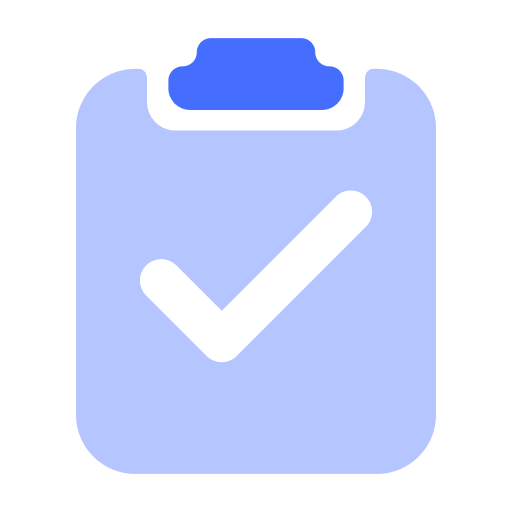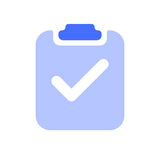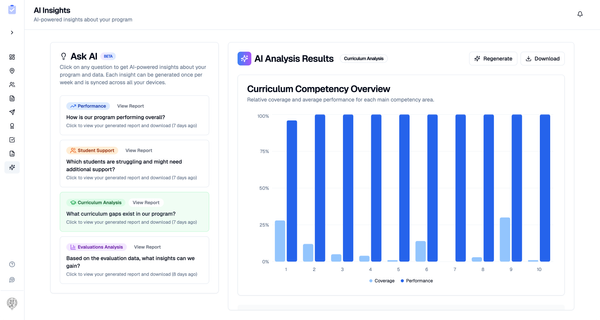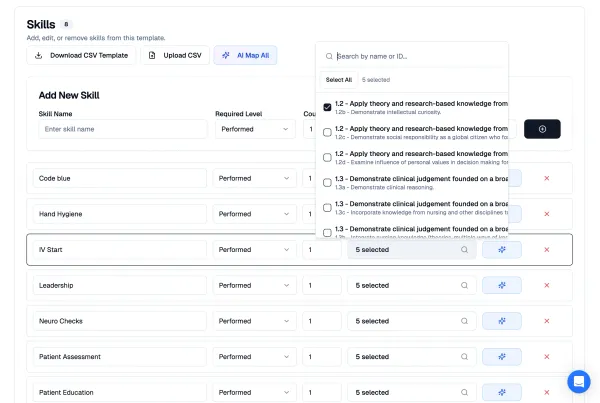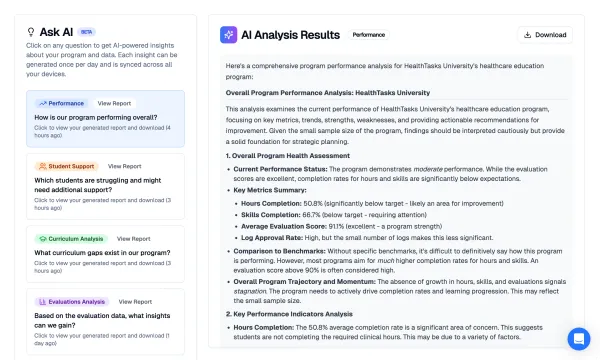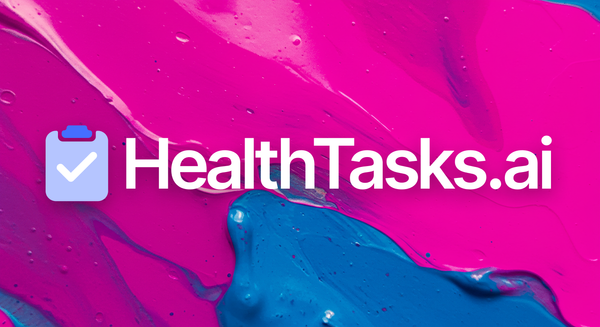8 Top Organization Tips and Tricks for Nurses to Boost Efficiency

Nursing is a demanding and rewarding profession, but it can also be overwhelming. Nurses have to juggle multiple tasks, manage patient care, and keep up with documentation. Staying organized is crucial for nurses to manage their workload and provide high-quality patient care. In this article, we will share some organizational tips and tricks for nurses to help boost efficiency and improve patient outcomes.
1. Prioritize Tasks
One of the most important organizational tips for nurses is to prioritize tasks. Nurses have to handle multiple tasks throughout the day, so it's essential to determine which tasks are the most critical and prioritize them. Prioritizing tasks can help nurses manage their workload and ensure that they don't miss essential tasks, such as medication administration or patient assessments.
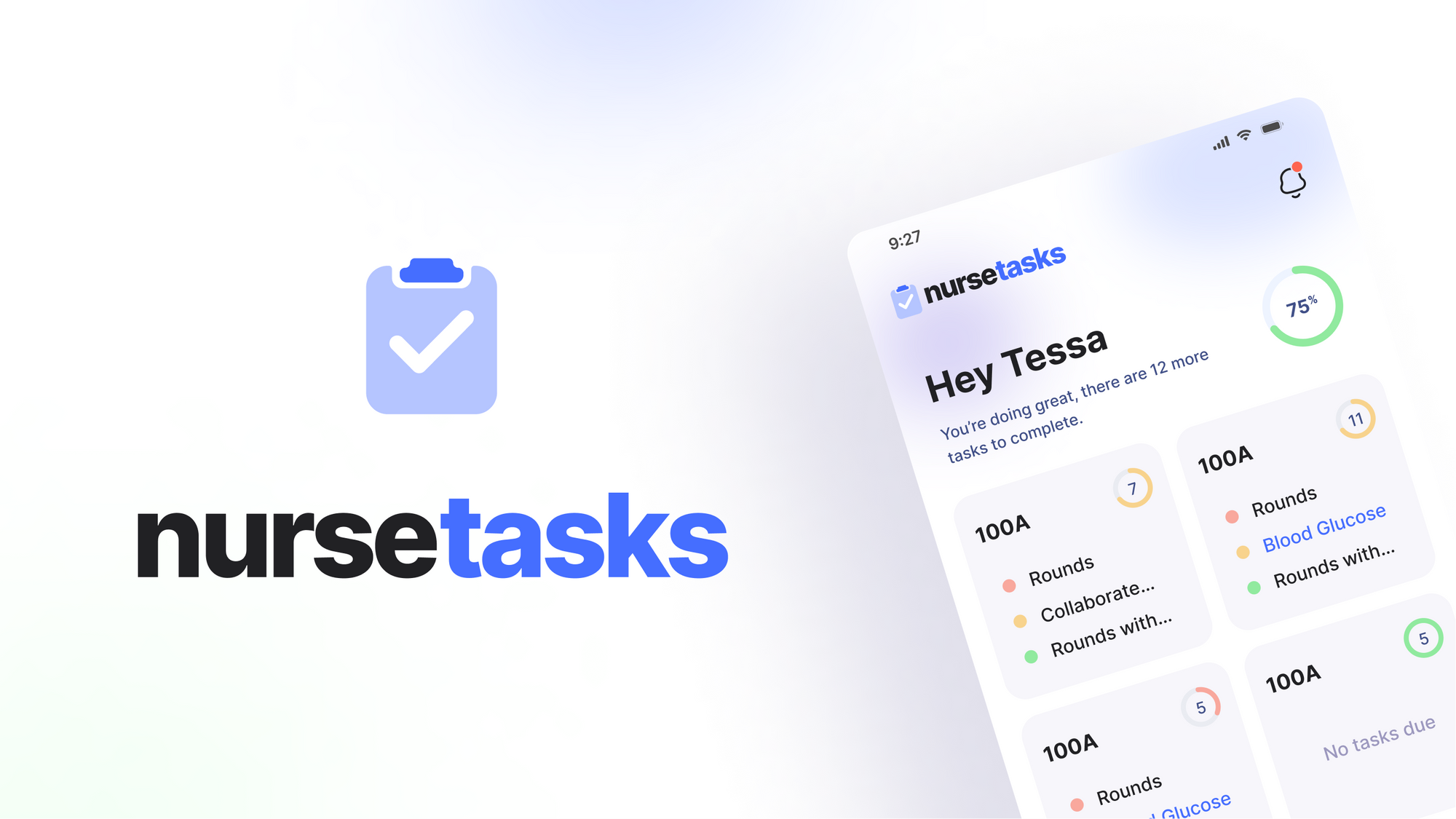
2. Use Color Coding
Color coding is an effective way to stay organized and ensure that critical information is easily accessible. Nurses can use different colored pens, highlighters, or sticky notes to differentiate between different types of information, such as medication orders, lab results, and patient assessments. Color coding can help nurses quickly locate important information and reduce the risk of errors.
3. Keep Supplies Organized
Organizing supplies is crucial for nurses to perform their duties efficiently. Nurses should organize their supplies in a way that makes it easy to access and restock them. They can use bins, shelves, or cabinets to store supplies and label them for easy identification. Organizing supplies can also help reduce waste and save time by preventing the need to search for supplies.
4. Use Technology
Technology can be a valuable tool for nurses to stay organized and streamline their work. Nurses can use electronic health records (EHRs) to access patient information quickly and efficiently. They can also use medication management apps or calculators to ensure accurate dosing and avoid medication errors. Technology can help nurses save time, reduce errors, and improve patient outcomes.
5. Set Realistic Goals
Setting realistic goals is essential for nurses to manage their workload and prevent burnout. Nurses should set achievable goals for each shift and prioritize tasks based on their importance. They should also be aware of their limitations and avoid taking on more tasks than they can handle. Setting realistic goals can help nurses stay focused and reduce stress.
6. Take Breaks
Taking breaks is essential for nurses to recharge and maintain their energy levels. Nurses should take short breaks throughout their shift to rest, eat, or drink water. They should also take longer breaks, such as meal breaks or rest breaks, to prevent burnout and improve their productivity. Taking breaks can help nurses stay focused and provide better patient care.
7. Practice Time Management
Time management is crucial for nurses to stay organized and manage their workload efficiently. Nurses can use time management techniques, such as the Pomodoro technique, to break their work into smaller, manageable tasks and work on them in focused bursts. They can also delegate tasks to other team members and avoid multitasking, which can lead to errors and reduce productivity.
8. Practice Good Documentation
Documentation is an essential part of nursing practice, and it's crucial to maintain accurate and timely documentation. Nurses should document patient assessments, medication administration, and other important information promptly and accurately. They should also use templates or checklists to ensure that all necessary information is included. Good documentation can help nurses provide better patient care and reduce the risk of errors.
Although they aren't considered official documentation, nursing report sheets are a great way to keep important patient information organized when you're on the go. Report sheets also make giving and receiving handoff reports a breeze.
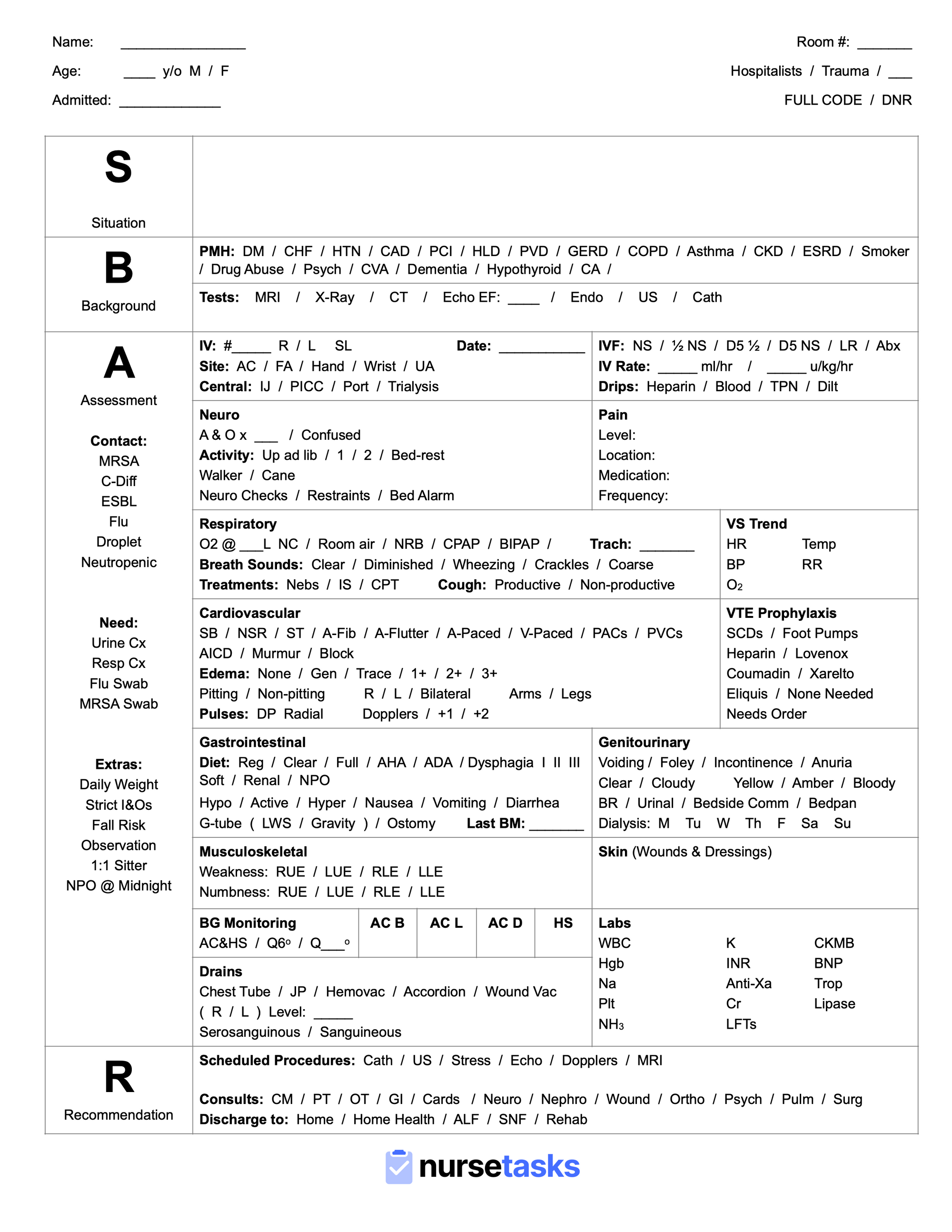
In summary, staying organized is crucial for nurses to manage their workload and provide high-quality patient care. By implementing these organizational tips and tricks, nurses can improve their efficiency, reduce stress, and provide better patient outcomes. It's important to note that organization is not a one-size-fits-all solution. Nurses should experiment with different techniques and find the ones that work best for them. They should also be open to feedback and suggestions from their colleagues and supervisors.
